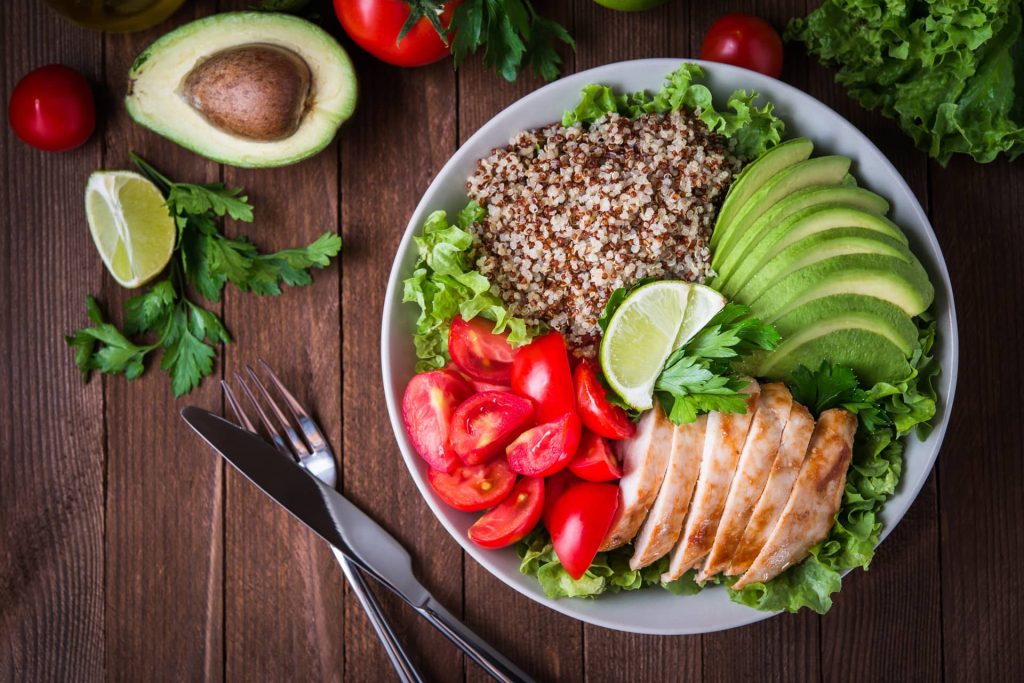When you are addicted to any substance like drugs or alcohol, nutrition is one of the essential things in life that is affected. Either you eat a lot or not at all; both are not good for your health. Therefore, addressing your nutrition is essential when you are in the phase of addiction recovery. A proper diet will help replenish your body with essential vitamins and minerals that may deplete due to substance abuse.
Good nutrition will support the healing process, reduce cravings, perk up mood and energy levels, and boost the immune system, assisting a successful recovery. Moreover, a balanced diet regulates metabolism, manages weight, and improves health and thus, impacting your overall well-being. These positive health attributes help resist potential triggers or stressors.
Why is nutrition important in addiction recovery?
In active addiction, individuals often neglect their dietary needs, which causes nutrient deficiencies and poor overall health. Good nutrition is, therefore, necessary for addiction recovery. The below points clarify the importance of nutrition when recovering from an addiction. Take a look.
A nutritious diet helps repair the damage done to the body by substance abuse and provides essential nutrients to support the healing process. The addicts must eat a balanced diet, which includes various fruits, vegetables, whole grains, lean proteins, and healthy fats. It will help to improve energy levels, boost the immune system, and promote overall well-being.
Good nutrition helps manage the symptoms of withdrawal and prevent relapse. A diet when high in sugar and processed foods can worsen cravings and trigger relapse. On the other hand, a diet rich in protein and healthy fats can help reduce cravings and improve mood.
A good diet assists in improving the mental health of addicts. A diet rich in healthy nutrients supports the production of neurotransmitters like serotonin and dopamine. It helps regulate the mood and overall well-being of recovering individuals.
A proper nutritious diet must include these vitamins and nutrients in particular:
Vitamin D: A deficiency of vitamin D can cause depression. Sunlight is a natural source of vitamin D. Rich food sources include mackerel, sardines, red meat, and egg yolks.
B-Complex Group Vitamins: From Vitamin B1 to Vitamin B-12, the B-complex group vitamins help regulate moods and decrease depressive symptoms. Some food sources of B-group vitamins include beef, bananas, mushrooms, oranges, nuts, and cereals.
Calcium: Another common nutrient deficiency seenin addicts is calcium deficiency. It often causes brittle bones, irritability, muscular pains, and abdominal cramps. Dairy products, kale, tofu, kiwi, egg white, seeds, and nuts are good sources of calcium.
Omega-3 Fatty Acids: Symptoms of psychiatric disorders can improve by omega-3 fatty acids. Foods like salmon, sardines, flaxseeds, walnuts, and soybeans are some of the rich sources of Omega-3.
Healthy Fats: Good fats or healthy fats like monounsaturated and polyunsaturated fats are necessary for the healthy functioning of all body systems. Addicts often lack healthy fats, which therefore leads to several health problems. A diet for people on a recovery journey must include rich sources of healthy fats like avocados, yogurt, cheese, dark chocolates, and olive oil.
The nutritional requirement of the addicts varies depending on their health status and recovery needs. Specific nutrition guidance from a registered dietitian supports the individual’s recovery journey. Surf City Recovery has a professional team of dieticians to recommend a suitable diet to help you recover from substance abuse.

